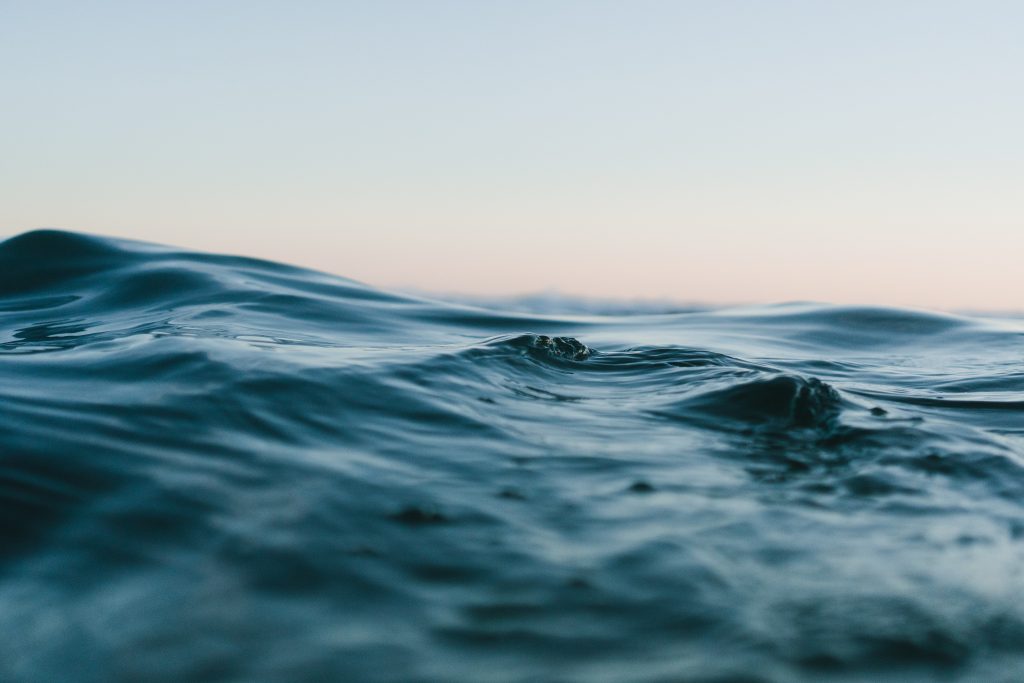The EU4OceanObs project has officially been launched with a virtual kick-off meeting held on the 24th of November 2020. Entrusted by the European Commission (EC) to Mercator Ocean International (MOi), the project will implement the EC’s Foreign Policy Instrument Action on International Governance: EU component to global ocean observations as part of the EC’s long-term strategy on global in situ ocean observation.
EU4OceanObs’ main objective is to increase the EU’s visibility as a leading global actor, and increase its influence in international decision-making bodies related to the collection and use of global ocean observations. To this end, the project will jointly strengthen EU contributions and achievements in two overarching international programmes: Global Earth Observation (GEO) through its ocean component GEO Blue Planet, and the Global Ocean Observing System (GOOS) through its G7 coordination centre. The project will also play a catalytic role towards the development of sustainable practices for marine and maritime applications, adding value to the Copernicus Marine Service and contributing to the United Nation’s Sustainable Development Goals and international ocean governance.
A new team has been set up, fully integrated at MOi, to pilot the EU4OceanObs project and over the next two years work side by side with the European Commission, the G7 Coordination Centre and the GEO Blue Planet Secretary. The project taskforce, headed by the MOi Scientific Director, Pierre Yves Le Traon, includes a new GEO Blue Planet European Office and a G7/GOOS European Office. The GEO Blue Planet Office will contribute to international initiatives for sustained oceans and on behalf of the European Commission, further integrate and promote European activities in this domain. The G7/GOOS European Office will foster synergies between these two bodies and on behalf of the European Commission support the G7/GOOS coordination centre and notably advance its actions related to the Future of the Seas and Oceans initiative and other international developments on global ocean governance.
“Ocean Observation is vital to understanding and predicting the evolution of our climate, and to sustainably manage the Ocean and its resources. This a major international challenge. Mercator Ocean International is thrilled and proud to work with the European Commission to strengthen EU contribution and influence in two major international activities related to ocean observation”, says Pierre Yves le Le Traon.
Mercator Ocean International is a non-profit company created in 2010, providing ocean science-based services of general interest focused on the conservation and the sustainable use of the oceans, seas and marine resources (UN SDG14). The organisation has developed complex ocean simulation systems (numerical models) based on ocean observation data (satellite and in situ) that are able to describe, analyse and forecast the physical and biogeochemical state of the ocean at any given time, at the surface or at depth, on a global scale or for a specific zone, in real-time or delayed mode.
Since November 2014, the organisation has been conceiving, implementing and operating the Copernicus Marine Service on behalf of the European Commission, in order to meet the needs of national, European and international stakeholders dealing with environmental policies, maritime safety, and defence, the stewardship of marine resources, biodiversity conservation and climate studies. MOi was also selected along with ECMWF, EUMETSAT, and the EEA to implement the WEkEO DIAS cloud computing platform. MOi will now enter and bring its expertise in a new frontier of international ocean governance by coordinating the EU4OceanObs project.
In the next weeks, a new dedicated website will be launched with information on the project’s activities and upcoming events.
About GEO Blue Planet
GEO Blue Planet is the ocean and coastal arm of the Group on Earth Observations (GEO), a partnership of more than 100 national governments and 100 Participating Organizations. GEO Blue Planet works to ensure the sustained development and use of ocean and coastal observations for the benefit of society by promoting collection of continuous ocean observations, processing of data into information and linking this information with societal needs. GEO Blue Planet tackles the end of the value chain from observations to applications based on a network of ocean and coastal-observers, social scientists and end-user representatives from a variety of stakeholder groups.
About GOOS and the G7
The Global Ocean Observing System (GOOS) is the international programme executed by the Intergovernmental Oceanographic Commission (IOC) of the UNESCO to coordinate the long-term deployment and sustainability of all ocean observations at sea, provided for by 148 Member States.
In 2018, G7 members agreed to establish a Coordination Centre for ocean observation platforms that will interface with the Global Ocean Observing System (GOOS) and be inter-linked with other G7 priority areas. This Centre will build upon and improve the coordination between existing programmes and implement the action. Where appropriate, the G7, in collaboration with GOOS, will explore options to use the Coordination Centre as a vehicle to usher forward recommendations forthcoming from the IOC Assembly and OceanObs’19 conference as well as support other relevant initiatives, such as the UN Decade of Ocean Science for Sustainable Development (2021-2030).
About the EC’s FPI Action for International Ocean Governance: EU component to global ocean observations
The European Commission’s Service for Foreign Policy Instruments (FPI) has initiated an international in situ observation long-term strategy to complement satellite observations, embodied in the Action “International ocean governance: EU component to global observations”. The action serves to contribute to several international initiatives impacting ocean observations such as the International Ocean Governance, the G7 membership, and the Global Earth Observation (GEO) intergovernmental partnership. This action will build on Europe’s significant investments in the domain of ocean observations mainly through the Copernicus programme, the Horizon 2020 programme and soon the Horizon Europe programme.
Link to press release: The European Union takes a major step in ocean preservation

